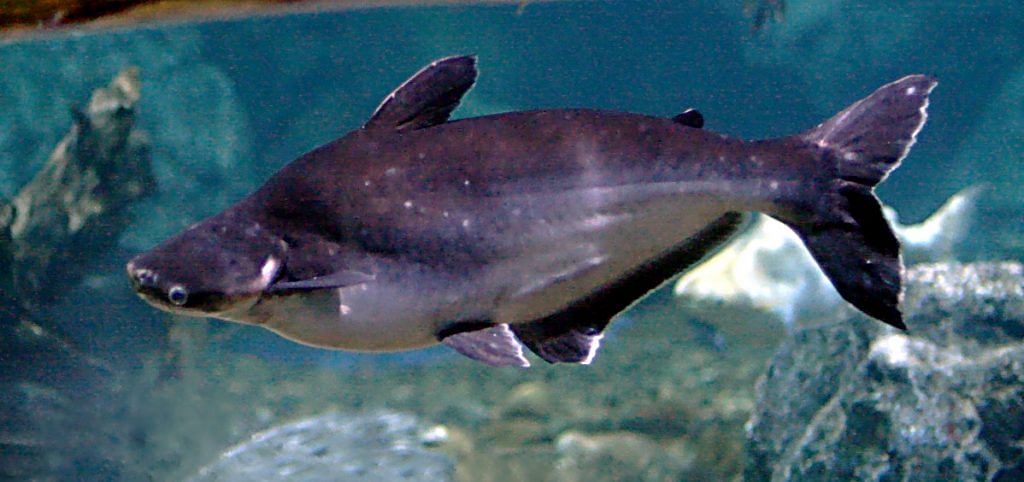Basa is a popular choice owing to its ready availability. Its cheap price is the only attractive thing about it, though.
New Delhi: About a decade ago, fish may not have been the most popular choice of protein at Indian restaurants. The lingering fishy taste on the palette was not an unseasoned fish eater’s delight. But the entry of the Basa changed the Indian market.
Introduced in India by Rahul Grover of frozen foods supplier Empire Foods in 2008, the white fish largely took over the Indian market. Data from the Directorate General of Foreign Trade showed that in just the first three months of 2011, India had already imported the amount of Basa that it did in all of 2010.
Today, the popularity of the exotic fish seems to have taken a backseat, with reports surfacing about its contamination.
Cheap factor
Basa was once popular due to its appearance and a greater yield (the amount of meat obtained after deboning and cleaning). Moreover, it is bereft of any fishy stench and has a greater adaptability to flavours and cooking methods.
Also read: Kerala firm accused of skirting ban to kill endangered sharks
Since it’s also available all year round, it is the choice for many restaurants. However, the only attractive thing about the fish today is its cheap price. Local fish such as pomfret and king fish cost somewhere between Rs 550-570 a kilo, but the same quantity of imported Basa is available at Rs 240-250.
Worth the risk?
Basa (Pangasius bocourti), which is largely grown in Mekong delta, is found to be infested with unsafe drugs, many of which are carcinogenic in nature, say reports.
Basa is a particular variety of catfish that can survive extreme conditions, unlike other varieties. Because of its natural tendency of survival, and the ability to absorb nutrients even from contaminated waters, it poses a greater risk of hosting toxins in its body.
In 2007, the US Food and Drug Administration banned the import of the several fish, including the Vietnamese Basa. In 2005, the Consumer Association of Canada also expressed concerns over fishes imported from Vietnam as laboratory tests showed the presence of a banned form of fungicide in the fishes.
‘I’ll sell it, but won’t eat it’
Big hotels in India have completely moved away from serving Basa, ThePrint has learnt. Many among the five star hotels, such as the Oberoi, Taj ITC and the JW Marriott have stopped serving the fish across the country.
“Nobody wants to get into trouble just for using one ingredient in their food,” said chef Pratik Deshmukh of The Oberoi New Delhi. Stating that India already has a large variety of indigenous fish, he said the country does not need to import exotic fish.
Deshmukh said the overall demand of Basa in the Indian market may not have gone down because the suppliers have reworked their strategy to market the fish. Even though some of the big hotels have moved away from it, numerous standalone restaurants are still offering it on their menu.
Also read: The only Indian restaurant in world top 100 is Delhi’s Indian Accent
“I will sell it, but won’t eat it for sure,” said Rishi Bhog, a frozen food supplier who runs Protein Food Imports based out of Hyderabad and Pune. He added that Basa is still in demand only because of its price.
Bhog, who mainly supplies to small and medium level restaurants, said “people are ready to shell out only a specific amount of money while eating at a restaurant and the Basa is an exotic, imported fish, available at cheap price.”
Speaking to ThePrint, chef Nikhil Vaswani, who runs the popular restaurant Meat Street in Pune, said these days there is an increased awareness among the customers. They ask about the kind of fish served to them and particularly stay away from Basa.
Close watch
The Food Safety and Standards Authority of India (FSSAI) said Basa runs the risk of mercury contamination. However, every consignment that arrives into the country undergoes a thorough test either by the FSSAI or the Central Board of Excise and Customs (CBEC), according to their respective protocols.
The CBEC tests samples at places where FSSAI facilities are unavailable, FSSAI chairman Pawan Agarwal told ThePrint. “We are keeping a close watch on the basa and shall tighten out safety standards if the need arises,” said Agarwal.
“In the last five years, around five hundred consignments of the basa have come to India and very few have been rejected,” he added.
